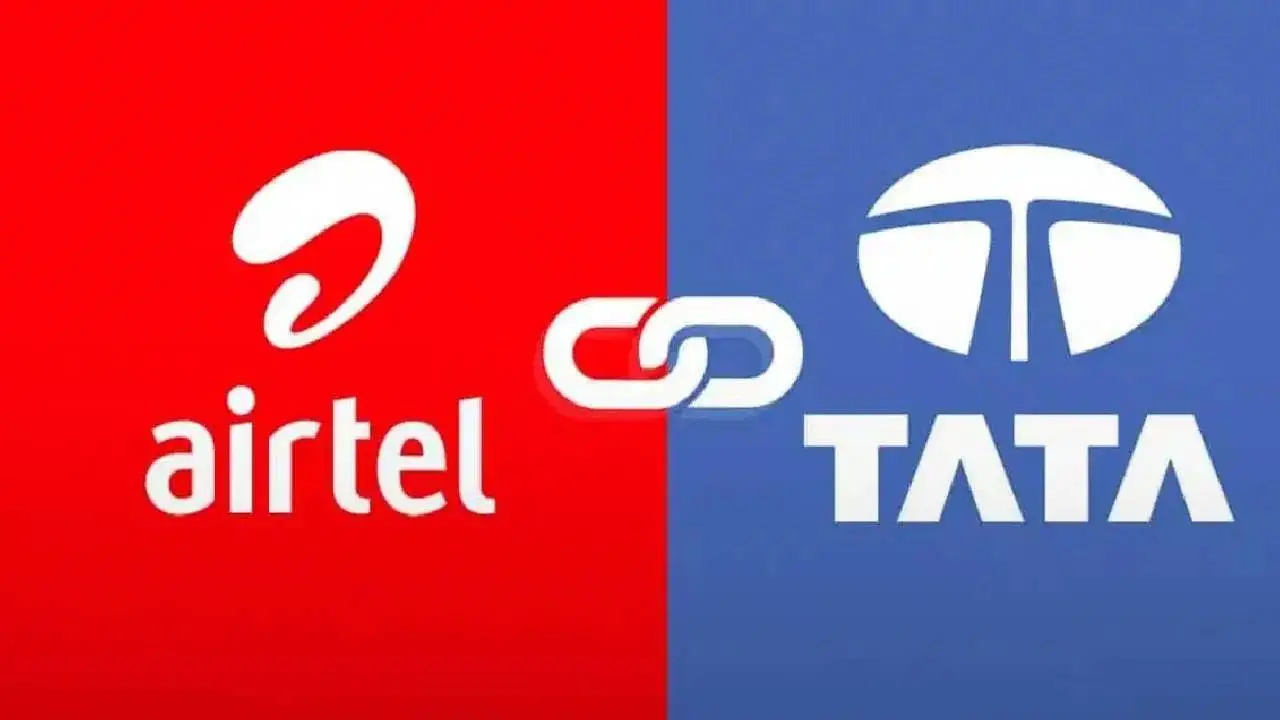
Airtel Digital
Business News: Bharti Airtel and Tata Group have ended talks to merge their direct-to-home (DTH) services Airtel Digital TV and Tata Play. This decision has been taken by both the parties with mutual consent. Let us know what happened that the deal got cancelled before it could be completed? In February 2025, both companies confirmed plans to merge their loss-making DTH businesses. The merger was to be done through a share swap, which would give Airtel a strong new source of income outside of mobile services. After the merger, Airtel's stake in this new entity was expected to be more than 50 percent. This would have been the second largest deal in the DTH industry in a decade. Earlier in 2016, Dish TV and Videocon d2H merged.
According to the information given by Airtel to the stock market, no satisfactory solution could be found regarding the deal, due to which the merger plan was canceled. This merger was considered to be a big step compared to Reliance and Disney's joint venture JioStar, but now it remains incomplete. There are many other reasons behind this:
Management control: Tata Group wanted two board seats in the post-merged entity, while Airtel wanted to retain senior management control.
Financial valuation: The DTH businesses of both companies were valued at around ₹6,000-7,000 crore, but pricing and stake distribution could not be agreed upon.
Market situation: The growing popularity of OTT platforms has led to a decline in demand for DTH services, which may lead to disagreements on future strategy for both companies.
With the cancellation of this merger, both the companies will have to operate their respective DTH businesses independently. Given the increasing competition in the market and the changing preferences of consumers, both the companies may have to change their strategies.





Copyright © 2026 Top Indian News
